“Fuel your journey to well-being. Elevate wellness with synergy of physical wellbeing & nutrition for a healthier lifestyle, more vibrant you.”
WHAT IS PHYSICAL WELLBEING?
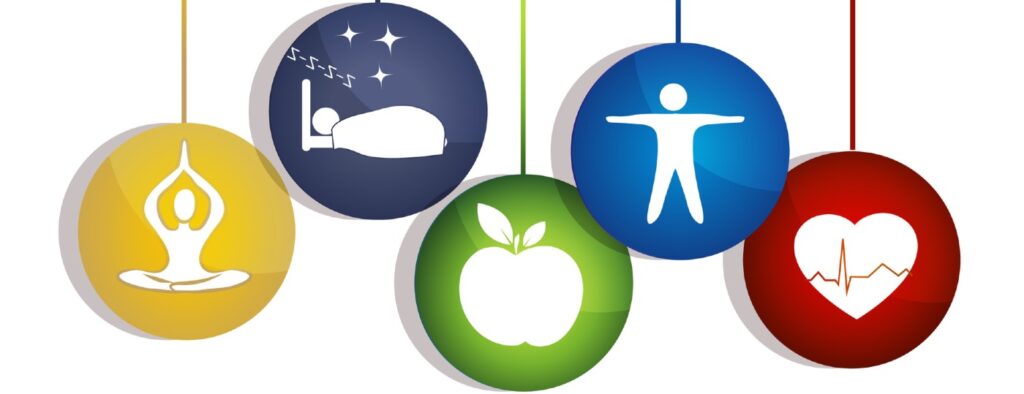
Your body’s general state of health is what physical wellbeing is all about. It includes eating right, staying healthy, and preventing disease. To get it, one must embrace a lifestyle that includes consistent exercise, a healthy diet, and adequate sleep.
It’s critical to maintain muscular strength, cardiovascular fitness, and a healthy body weight. It increases vitality and reduces the chance of chronic illnesses, all of which are beneficial to your general health. A holistic approach to health and nutrition that takes the mind and emotions into account is essential to physical wellness.
What is healthy nutrition?
Making thoughtful and informed food choices is essential to a healthy diet, since it promotes general wellbeing. It emphasises eating a varied, well-balanced meal full of important elements like proteins, lipids, carbohydrates, minerals, and vitamins.
A healthy nutrition must prioritise entire foods such fruits, vegetables, whole grains, lean meats, and healthy fats. Other essential elements of a healthy diet are portion control, mindful eating, and staying hydrated.
It is essential for preserving a healthy weight, averting chronic illnesses, and promoting the best possible physical and mental health. A long-term approach to wellbeing involves eating healthily in a sustainable and pleasurable way.
Proteins:powerhouse of nutrition
Amino acids make up proteins, which are the building blocks of life. Additionally, they are an integral part of a balanced diet, since they are vital to many body processes.
Benefits of Proteins:
1-Muscle Maintenance and Growth:
Proteins are essential for athletes and fitness lovers because they help in muscle growth and repair.
2-Cellular Repair:
They help keep and repair cells, which keeps tissues operating at their best.
3-Enzyme Production:
Proteins enable the synthesis of enzymes that power vital activities by acting as catalysts for biological reactions.
4-Immune Support:
To create antibodies, which strengthen the body’s defences against infections, the immune system depends on proteins.
5-Satiety and Weight Management:
By including foods high in protein in your diet, you can feel satisfied for longer and manage your weight.
Foods rich on protein:
The unsung heroes of a healthy nutrition are proteins, which support many facets of human wellbeing. Understanding the advantages and consuming a variety of protein sources gives your body the tools it needs to flourish and lays the groundwork for a long, healthy, active life.
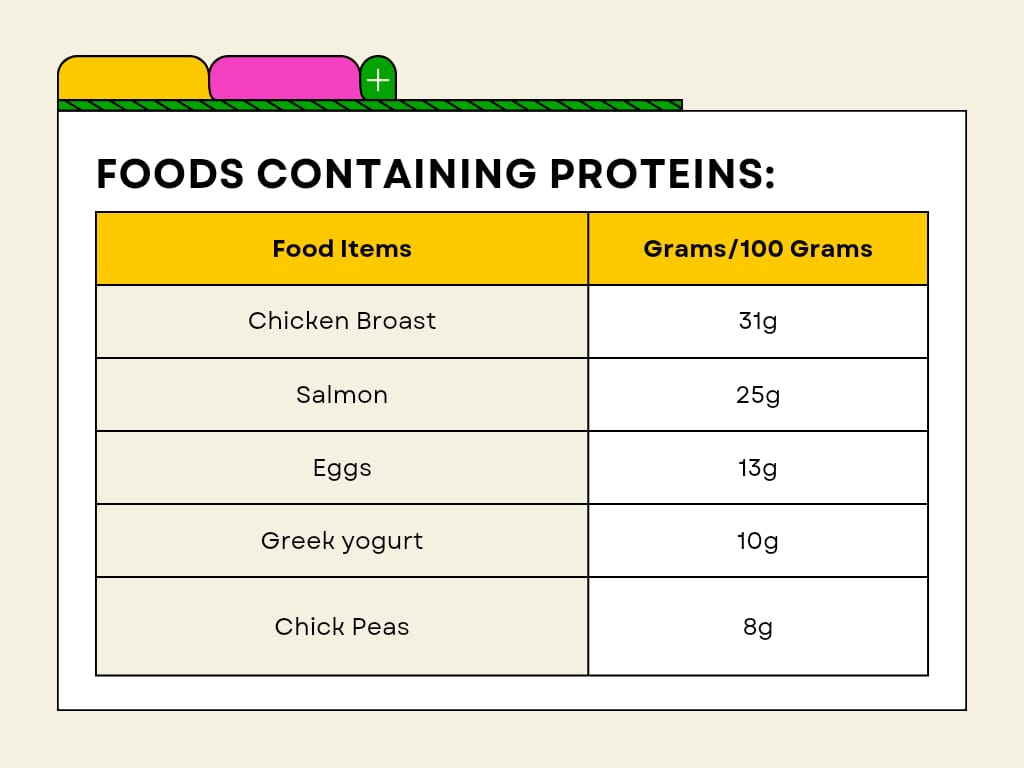
Lipids: Navigating the Essentials of Healthy Fats
Frequently referred to as fats, lipids form a diverse category of chemicals crucial for numerous body processes. Additionally, they play a pivotal role in constructing cell membranes and significantly contribute to both energy storage and insulation.
Types of Lipids:
1-Triglycerides:
Primary form of fat from food that is kept in adipose tissue and used as fuel.
2-Phospholipids:
Fundamental to the structure and operation of cell membranes.
3-Sterols:
One sterol that is essential for both cell structure and hormone synthesis is cholesterol.
Benefits of healthy fats:
1-Energy Reservoir:
Lipids are a concentrated energy source that contributes to stamina and endurance.
2-Cellular Structure:
Phospholipids help keep cell membranes flexible and structurally sound.
3-Hormone Synthesis:
An important hormone’s precursor, cholesterol, helps make other hormones.
4-Vitamin Absorption:
Lipids are necessary for the absorption and utilisation of fat-soluble vitamins (A, D, E, and K).
Foods rich in healthy fats:
Comprehending the function of lipids in the body enables people to make knowledgeable dietary decisions. Accepting good fats promotes general health and nutrition by assisting with cellular activity, energy production, and vital physiological functions.
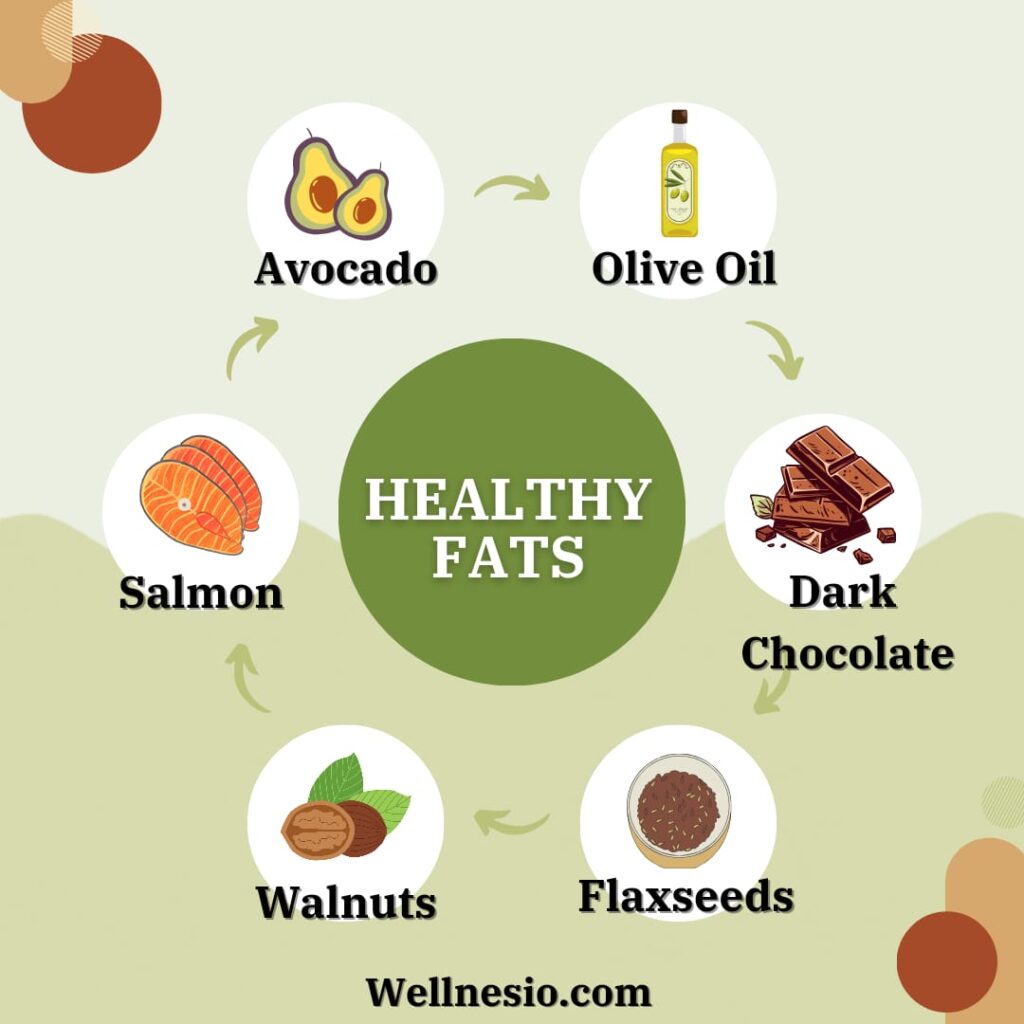
Carbohydrates: The Fuel for Your Body’s nutrition
Along with proteins and fats, carbohydrates are one of the three primary macronutrients. Hence, they are essential for many physiological processes and serve as the body’s main energy source.
Types of Carbohydrates:
1-Simple Carbohydrates:
- Monosaccharides:Fruits and honey contain single sugar molecules like fructose and glucose.
- Disaccharides:Monosaccharide pairs, such as maltose (found in grains), lactose (found in dairy), and sucrose (table sugar).
2-Complex Carbohydrates:
- Polysaccharides:Long, interconnected chains of sugar molecules that provide energy throughout time.
- Starch:Plants that contain complex carbohydrates include grains, legumes, and tubers.
- Glycogen:Animals store glucose mostly in their muscles and livers.
- Dietary Fibre:Indigestible plant matter present in fruits, vegetables, and whole grains that support intestinal health.
3-Functional Carbohydrates:
- Oligosaccharides:Sugar molecules that are short chains and have prebiotic qualities to enhance intestinal health.
- Sugar Alcohols:Refined sugars, commonly found in sugar-free goods, are modified sugars.
4-Added and Refined Carbohydrates:
- Added Sugars:Added sugars that give sweetness to meals but have no nutritional value during processing or preparation.
- Refined Carbohydrates:Grain processing that lowers the fibre and nutritional content by removing the bran and germ. White rice and flour are two examples.
Benefits of Carbohydrates:
1-Energy Boost:
Quickly transformed into glucose, giving immediate energy for daily tasks.
2-Brain Function:
Because glucose is what the brain uses for energy, carbs are essential for cognitive function.
3-Digestive Health:
One kind of carbohydrate that promotes gut health and proper digestion is dietary fibre.
Foods Rich in Carbohydrates:
Because they are the body’s main source of energy, carbohydrates are an essential component of a diet that is well-rounded. You may use carbohydrates to power your busy and healthy nutrition by knowing the various types and choosing wise meal choices.
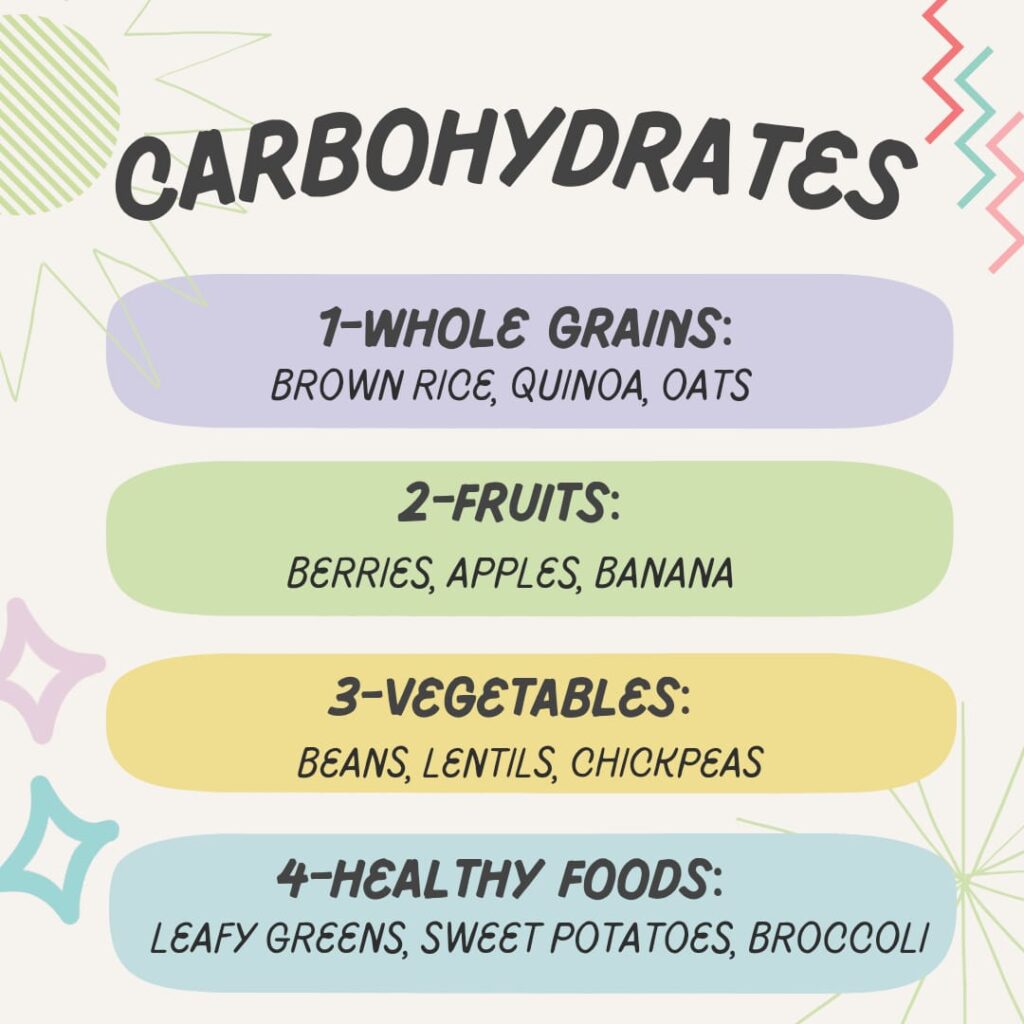
Minerals: healthy nutrition
Minerals are inorganic substances that are essential to the body’s many physiological processes. They are essential for promoting development, growth, and the preservation of general health and nutrition.
ESSENTIAL MINERALS:
- Calcium
- Iron
- Magnesium
- Zinc
- Sodium & Potassium
- Copper
- Phosphorus
- Selenium
Benefits of Minerals:
1-Bone Health:
Magnesium, phosphorus, and calcium all help to create and strengthen bones.
2-Blood Health:
Red blood cell production and oxygen transport depend on iron, copper, and zinc.
3-Nerve Function:
Magnesium, potassium, and sodium are involved in the contraction of muscles and the transmission of nerve impulses.
4-Immune Support:
Selenium and zinc boost immunity and aid the body’s defence against illnesses.
5-Fluid Balance:
In order to maintain electrolyte balance and proper hydration, sodium and potassium control fluid balance.
Foods Rich in Minerals:
Maintaining general health requires knowing the importance of minerals and including a wide variety of nutrient-rich foods in your diet. Adopting a balanced strategy helps the body perform its duties and enhances wellbeing from the inside out.

Vitamins: Essential Micronutrients for Health and Vitality:
Vitamins are organic substances that are essential to the body’s many metabolic functions. They are essential for maintaining metabolism, development, and general health.
Types of Vitamins:
1-Fat-Soluble Vitamins;
- vitamin A
- vitamin D
- vitamin E
- vitamin K
2-Water-Soluble Vitamins:
- vitamin C (Ascorbic Acid)
- B Vitamins
- Includes B1 (Thiamine), B2 (Riboflavin), B3 (Niacin), B5 (Pantothenic Acid), B6 (Pyridoxine), B7 (Biotin), B9 (Folate), B12 (Cobalamin).
Benefits of Vitamins:
1-Immune Support:
Essential functions of vitamins C, A, D, and E include supporting the immune system.
2-Energy Metabolism:
B-vitamins support general vigour by helping the body transform food into energy.
3-Antioxidant Defence:
Vitamins C and E work together to prevent oxidative stress and shield cells from harm.
4-Bone Health:
For strong bones, vitamin D, calcium, and phosphorus are necessary.
5-Skin and Vision Health:
Vitamin A supports good skin and eyesight, particularly in dim light.
Foods Rich in Vitamins:
Supplementing your diet with a variety of nutrient-dense foods guarantees a well-rounded intake of vitamins, which are crucial for general health. You may actively support your body’s optimal nutrition and long-term vitality by being aware of the advantages and sources of vitamins.
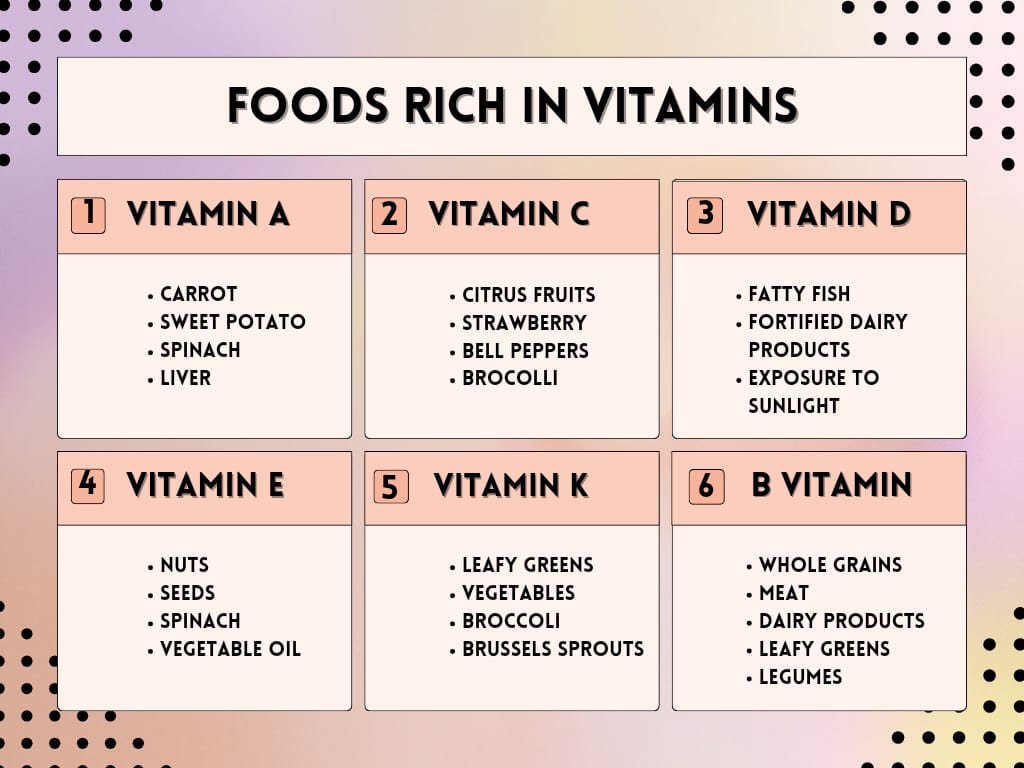
For more interesting blogs, visit: Wellnesio.com and blog page

